#CLE4DRC
CLEVELAND, OHIO
On May 16 2018, and in solidarity with LUCHA RD Congo and Advocates For Peace and Change, Socent Studios is again lighting Cleveland, Ohio's iconic Terminal Tower and three other K&D buildings in Downtown Cleveland the colors of the Democratic Republic of the Congo's (DRC/Congo) flag to acknowledge National Liberation Day in the DRC. From twilight to dawn, Cleveland, OH will shine as a beacon of hope in a global show of support and solidarity with Congo and all nonviolent Congolese risking their safety for peace, progress and prosperity in a new Congo.
WHY CONGO?
America’s Conflict Electronics economy has quietly produced the deadliest struggle for peace and human dignity since WWII. Due to international exploitation of Congo's mineral wealth valued today at $24 trillion, Congo's struggle is directly fueled by Conflict Electronics such as our game consoles, cellphones, tablets, laptops, PCs, cameras and electric cars. Millions upon millions of innocent Congolese have been slaughtered and 13 million more face critical peril today. Due to 22 years of unfettered geopolitical corruption and transnational exploitation of Congolese wealth. In 2017, DRC's struggle was classified a Level 3 Humanitarian Crisis. This was later deactivated in April 2018 due to Dictator Kabila's refusal to accept international aid to support the 13 million Congolese in critical need today.
WHY CONGO?
America’s Conflict Electronics economy has quietly produced the deadliest struggle for peace and human dignity since WWII. Due to international exploitation of Congo's mineral wealth valued today at $24 trillion, Congo's struggle is directly fueled by Conflict Electronics such as our game consoles, cellphones, tablets, laptops, PCs, cameras and electric cars. Millions upon millions of innocent Congolese have been slaughtered and 13 million more face critical peril today. Due to 22 years of unfettered geopolitical corruption and transnational exploitation of Congolese wealth. In 2017, DRC's struggle was classified a Level 3 Humanitarian Crisis. This was later deactivated in April 2018 due to Dictator Kabila's refusal to accept international aid to support the 13 million Congolese in critical need today.
ENDEMIC WILDLIFE EXTINCTION
Unfettered plundering of Congo has also placed the Congo’s wildlife at grave risk. As a result, earth’s largest primates, Congo's endemic Eastern Lowland Gorillas (inspired King Kong), are Critically Endangered and on the precipice of extinction.
Unfettered plundering of Congo has also placed the Congo’s wildlife at grave risk. As a result, earth’s largest primates, Congo's endemic Eastern Lowland Gorillas (inspired King Kong), are Critically Endangered and on the precipice of extinction.
HISTORIC BACKDROP
In 1960, the former Belgian Congo achieved its independence and was then known as the Republic of Congo. Congo's first democratically elected leader Patrice Lumumba played a significant role in the transformation of the Congo from a colony of Belgium into an independent republic. Ideologically an African nationalist and Pan-Africanist, Patrice led the Movement National Congolese (MNC) party from 1958 until his death. A gifted intellectual, leader and orator revered by the people, Patrice also famously delivered Congo's Independence Day Speech in 1960.
HISTORIC BACKDROP
In 1960, the former Belgian Congo achieved its independence and was then known as the Republic of Congo. Congo's first democratically elected leader Patrice Lumumba played a significant role in the transformation of the Congo from a colony of Belgium into an independent republic. Ideologically an African nationalist and Pan-Africanist, Patrice led the Movement National Congolese (MNC) party from 1958 until his death. A gifted intellectual, leader and orator revered by the people, Patrice also famously delivered Congo's Independence Day Speech in 1960.
CONGO CRISIS
Shortly after Congolese independence in 1960 and encouraged by a Belgian government intent on maintaining its access to rich Congolese mines, a mutiny broke out in the army and violence erupted in the south, marking the beginning of the Congo Crisis. After receiving no support from the West/United Nations, Lumumba turned to the Soviet Union for assistance against rising secessionists. The US government saw Lumumba's relationship with the Soviet Union as a threat (Cold War).
Kasa-Vubu was encouraged by the US and Belgium to dismiss Lumumba, which he proceeded to do on 5 September. An outraged Lumumba declared Kasa-Vubu deposed. Parliament refused to recognize the dismissals and urged reconciliation, but no agreement was reached. Both Lumumba and Kasa-Vubu each ordered Joseph-Désiré Mobutu (Mobutu) to arrest the other. As Army Chief of Staff, Mobutu came under great pressure from multiple sources. The embassies of Western nations, which helped pay the soldiers' salaries, as well as Kasa-Vubu and Mobutu's subordinates, all favored getting rid of the Soviet presence.
MOBUTU KLEPTOCRACY
On 14 September Mobutu launched a bloodless coup, declaring both Kasa-Vubu and Lumumba to be "neutralized" and establishing a new government of university graduates. Lumumba rejected this action but was forced to retire to his residence where UN peacekeepers prevented Mobutu's soldiers from arresting him.
CONGO CRISIS
Shortly after Congolese independence in 1960 and encouraged by a Belgian government intent on maintaining its access to rich Congolese mines, a mutiny broke out in the army and violence erupted in the south, marking the beginning of the Congo Crisis. After receiving no support from the West/United Nations, Lumumba turned to the Soviet Union for assistance against rising secessionists. The US government saw Lumumba's relationship with the Soviet Union as a threat (Cold War).
Kasa-Vubu was encouraged by the US and Belgium to dismiss Lumumba, which he proceeded to do on 5 September. An outraged Lumumba declared Kasa-Vubu deposed. Parliament refused to recognize the dismissals and urged reconciliation, but no agreement was reached. Both Lumumba and Kasa-Vubu each ordered Joseph-Désiré Mobutu (Mobutu) to arrest the other. As Army Chief of Staff, Mobutu came under great pressure from multiple sources. The embassies of Western nations, which helped pay the soldiers' salaries, as well as Kasa-Vubu and Mobutu's subordinates, all favored getting rid of the Soviet presence.
MOBUTU KLEPTOCRACY
On 14 September Mobutu launched a bloodless coup, declaring both Kasa-Vubu and Lumumba to be "neutralized" and establishing a new government of university graduates. Lumumba rejected this action but was forced to retire to his residence where UN peacekeepers prevented Mobutu's soldiers from arresting him.
ASSASSINATION OF PATRICE LUMUMBA
Losing confidence that the international community would support his reinstatement, Lumumba fled in late November to join his supporters in Stanleyville to establish a new government. In early December he was captured by Mobutu's troops and incarcerated at his headquarters in Thysville Prison. However, Mobutu still considered him a threat and on 17 January 1961 transferred him to the rebelling State of Katanga.
Lumumba then disappeared from the public view. It was later discovered that he was murdered the same day by the secessionist forces after Mobutu's government turned him over. Patrice Lumumba was executed by a firing squad under the command of Katangan authorities. His body was then buried, exhumed, cut into pieces and dissolved in acid. Patrice Lumumba was and remains widely seen as a martyr for the greater Pan-African movement.
OVERTHROW OF MOBUTU, RISE OF LAURENT KABILA
Following his 32-year dictatorship Mobutu was eventually overthrown in the First Congo War by Laurent-Désiré Kabila. Mobutu began renaming the cities of Congo starting on 1 June 1966; Leopoldville became Kinshasa, Elisabethville became Lubumbashi, and Stanleyville became Kisangani. In October 1971, he renamed the country the Republic of Zaire. Mobutu was eventually overthrown in the First Congo War by Laurent-Désiré Kabila (Kabila) who was supported by the governments of Rwanda, Burundi and Uganda.
When Mobutu's government issued an order in November 1996 forcing Tutsis to leave Zaire (Congo) on penalty of death, the ethnic Tutsis in Zaire, known as Banyamulenge, were the focal point of a rebellion. From eastern Zaire, the rebels and foreign government forces launched an offensive to overthrow Mobutu, joining forces with locals opposed to him as they marched west toward Kinshasa.
Kabila would lead ethnic Tutsis from South Kivu against Hutu forces, marking the beginning of the First Congo War. With support from Uganda, Rwanda, and Burundi, Kabila pushed his forces into a full-scale rebellion against Mobutu as the Alliance of Democratic Forces for the Liberation of Congo-Zaire (ADFL). Kabila also commanded child soldiers in the conflict. It was estimated that up to 10,000 children served under him.
NATIONAL LIBERATION DAY
By mid-1997, the ADFL had almost completely overrun the country and the remains of Mobutu's army. Only the country's decrepit infrastructure slowed Kabila's forces down; in many areas, the only means of transit were irregularly used dirt paths. Following failed peace talks held on board of the South African ship SAS Outeniqua, Mobutu fled into exile on 16 May. Due to the overthrow of Mobutu's brutal dictatorship and the people's hope for a new Congo, May 16th marks National Liberation Day in DR Congo.
ZAIRE BACK TO CONGO
The next day, from his base in Lubumbashi, Kabila proclaimed himself president. Kabila suspended the Constitution, and changed the name of the country from Zaire back to the Democratic Republic of Congo—the country's official name from 1964 to 1971. He made his grand entrance into Kinshasa on 20 May and was sworn in on 31 May, officially commencing his term as President.
ASSASSINATION OF LAURENT KABILA
Laurent-Desire Kabila served as the third President of the Democratic Republic of the Congo from May 17, 1997 until his assassination by one of his bodyguards on January 16, 2001. He was succeeded eight days later by his son Joseph Kabila.
CURRENT KABILA KLEPTOCRACY
Joseph Kabila Kabange has been President of the Democratic Republic of the Congo since January 2001. He took office ten days after the assassination of his father. Though widely contested, Joseph Kabila was elected as President in 2006 and again in 2011. Kabila's term was due to expire on 20 December 2016 per the constitution, adopted in 2006. Officials suggested that elections would be held in November 2016. However, on 29 September 2016, Kabila's electoral authority announced that the election would not be held until early 2018.
Since coming to power, Joseph Kabila has exploited Congo's immense mineral wealth for self-enrichment and faced continuous wars in eastern Congo and internal rebel forces supported by neighboring governments of Uganda and Rwanda.
Joseph Kabila Kabange has been President of the Democratic Republic of the Congo since January 2001. He took office ten days after the assassination of his father. Though widely contested, Joseph Kabila was elected as President in 2006 and again in 2011. Kabila's term was due to expire on 20 December 2016 per the constitution, adopted in 2006. Officials suggested that elections would be held in November 2016. However, on 29 September 2016, Kabila's electoral authority announced that the election would not be held until early 2018.
Since coming to power, Joseph Kabila has exploited Congo's immense mineral wealth for self-enrichment and faced continuous wars in eastern Congo and internal rebel forces supported by neighboring governments of Uganda and Rwanda.
CONSTITUTIONAL CRISIS
According to the Constitution of the Democratic Republic of Congo and just like America's constitution, Joseph Kabila is prohibited from serving more than two terms. On 19 September 2016, massive protests including our nonviolent brothers and sisters risking together with LUCHA RD Congo, called for him to step down as legally mandated and rocked Kinshasa, Congo's capital.
Seventeen people were killed by Kabila's state-led forces while peaceably demonstrating for their constitution. On 29 September 2016, Kabila's electoral authority announced that the election would not be held until early 2018. Many more nonviolent Congolese have been arrested, intimidated, tortured and killed since. Kabila-led forces have recently taken to live firing on Priests, women and children during peaceful demonstrations.
DEADLIEST STRUGGLE FOR PEACE SINCE WWII
According to Joseph Kabila's electoral commission's vice president, the government "hasn't called elections in 2016 because the number of voters isn't known." However, the people and international community have alleged that Kabila intentionally delayed elections to remain in power. Partially in response to this delayed election, the United States has twice issued sanctions against members of Kabila's inner circle, most recently freezing the assets of several within Joseph Kabila's Kleptocracy .
These actions are seen as a warning to President Kabila to respect his country's constitution. In 2017, DRC's struggle was classified a Level 3 Humanitarian Crisis. This was deactivated in April 2018 due to Dictator Kabila's refusal to accept international aid to support the 13 million Congolese in critical need today.
KABILA MUST GO!
Opposition groups claim that the outcome of late elections would be civil war. Maman Sidikou, the Secretary-General's Special Representative for Congo and head of MONUSCO, said that a tipping point into uncontrollable violence could come about very quickly if the political situation is not normalized.
In late February 2018 the ministry of international affairs of Botswana told Kabila that it was time to go and said the "worsening humanitarian situation" in DRC is compounded by the fact that "its leader has persistently delayed holding elections, and has lost control over the security of his country".
Opposition groups claim that the outcome of late elections would be civil war. Maman Sidikou, the Secretary-General's Special Representative for Congo and head of MONUSCO, said that a tipping point into uncontrollable violence could come about very quickly if the political situation is not normalized.
In late February 2018 the ministry of international affairs of Botswana told Kabila that it was time to go and said the "worsening humanitarian situation" in DRC is compounded by the fact that "its leader has persistently delayed holding elections, and has lost control over the security of his country".

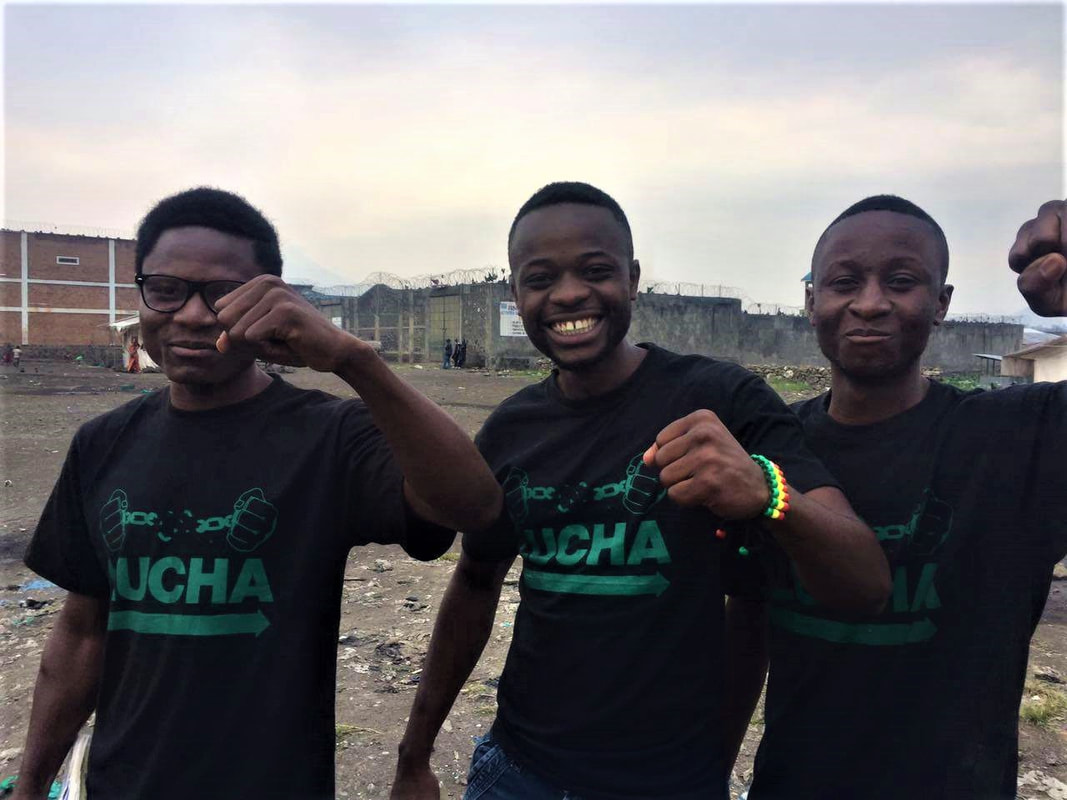
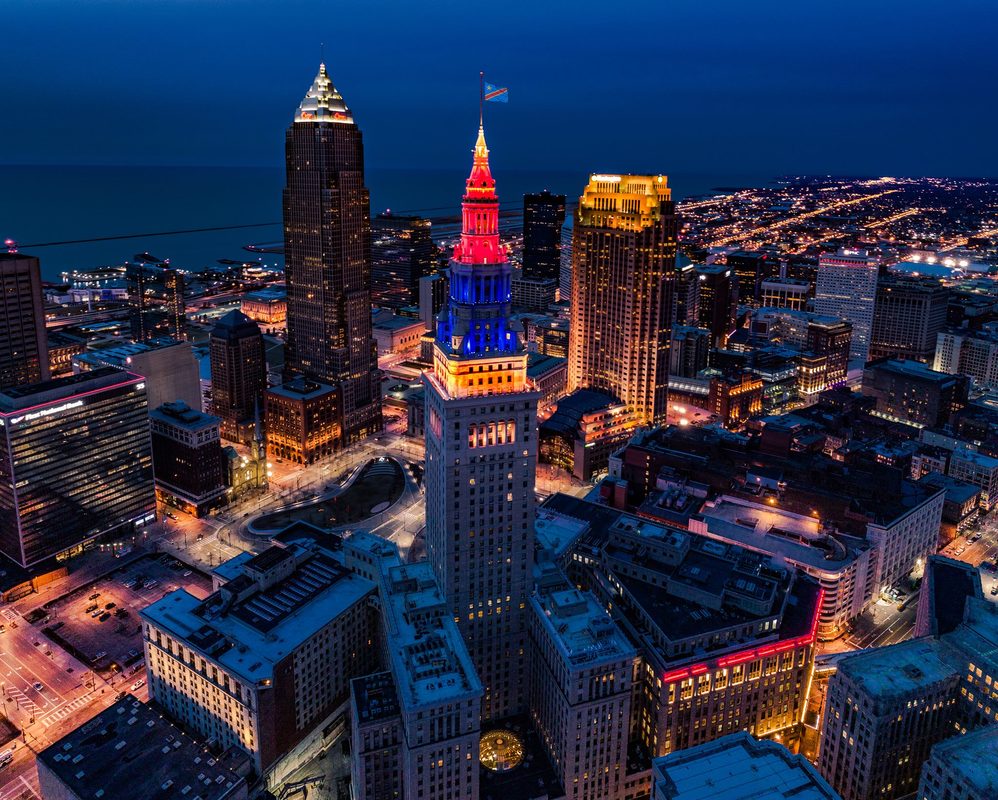
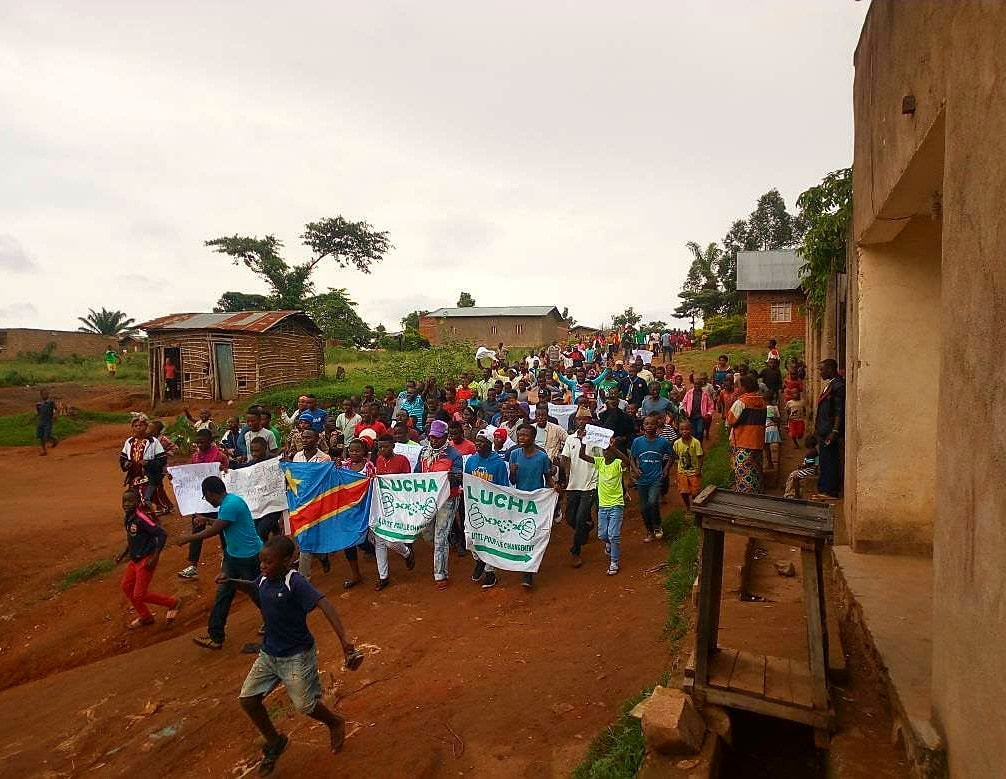
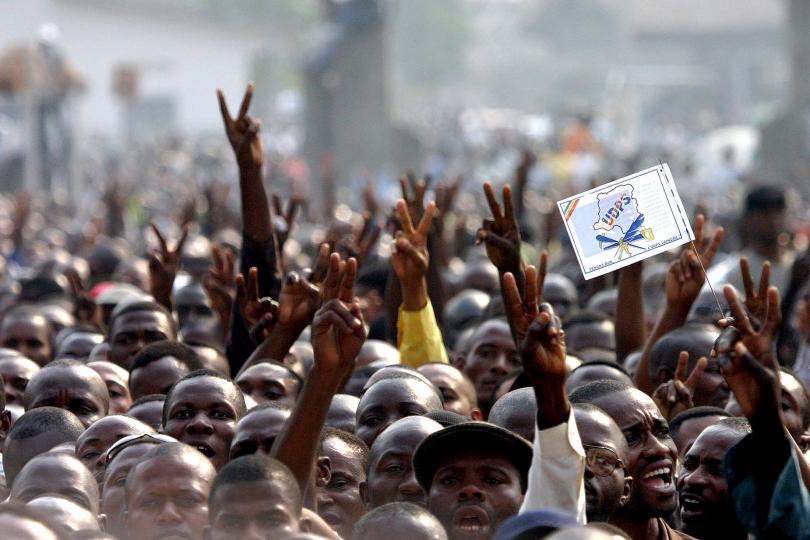
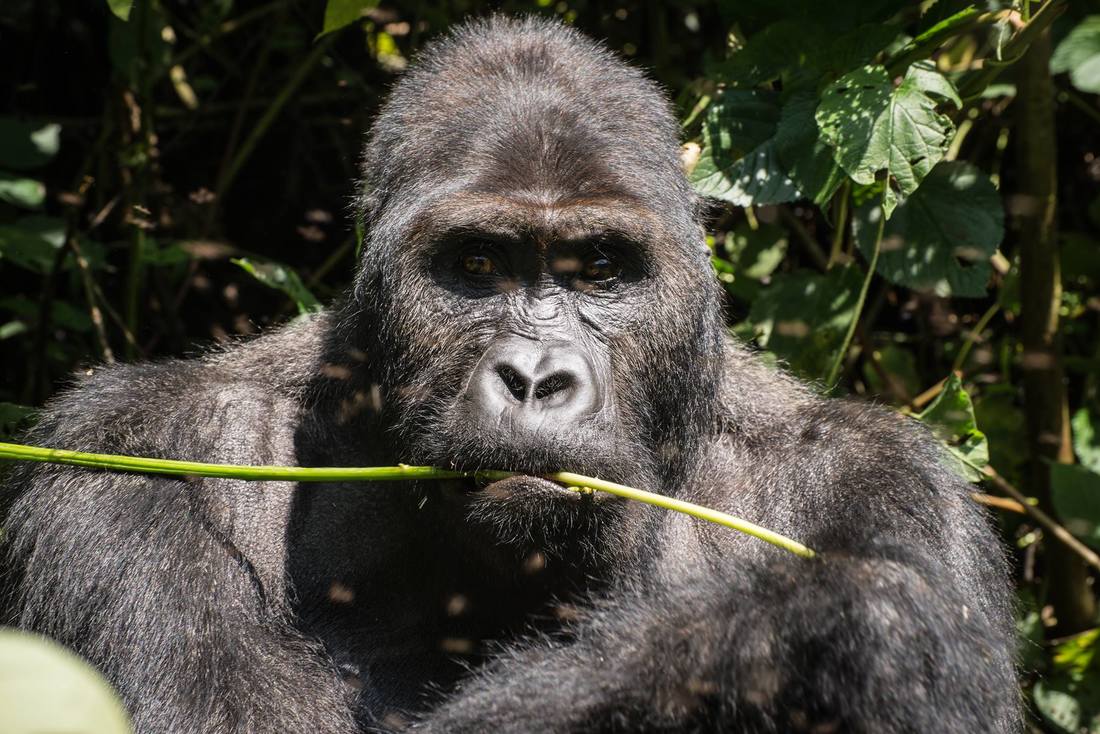
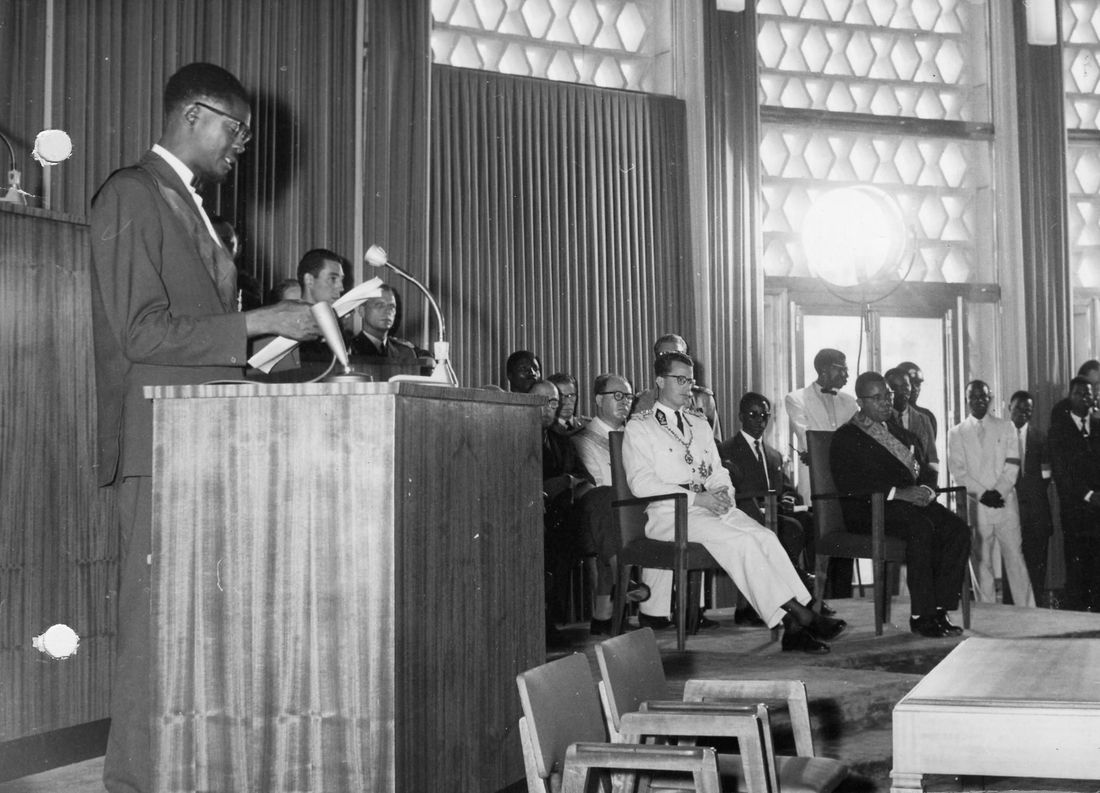
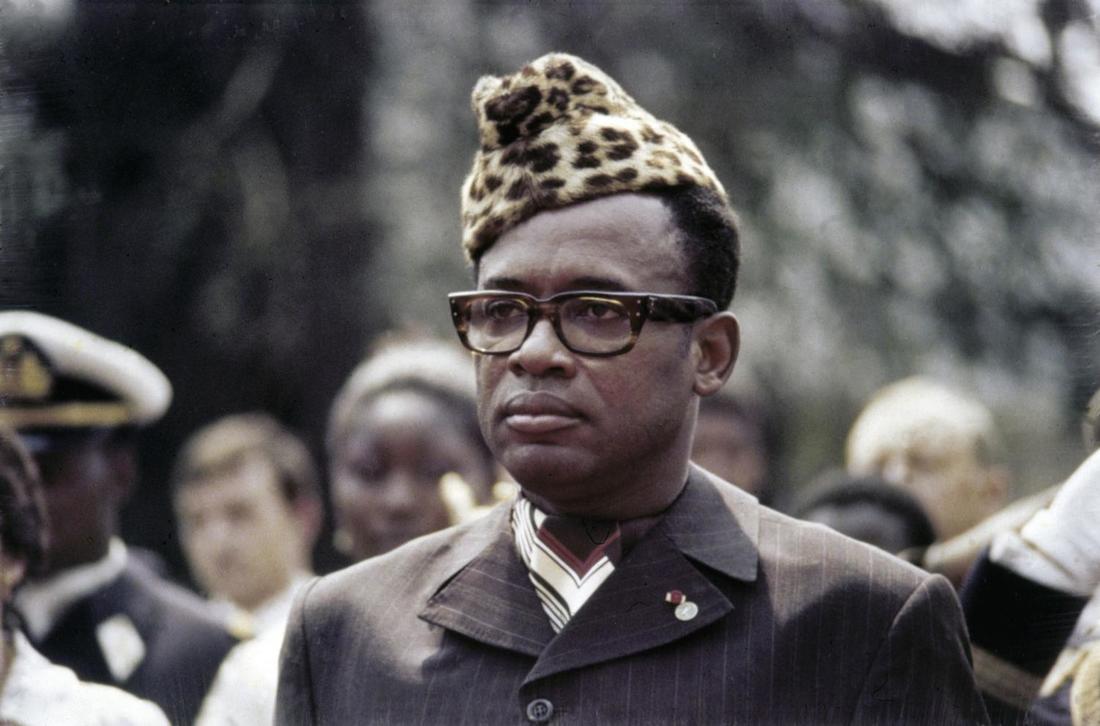
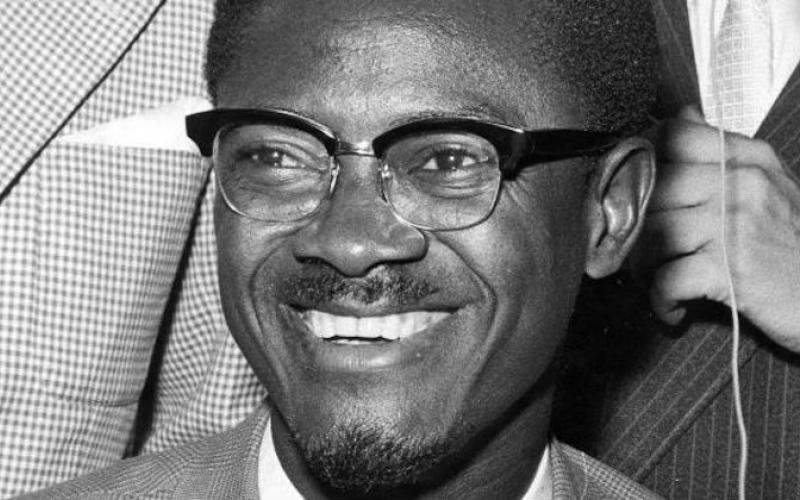
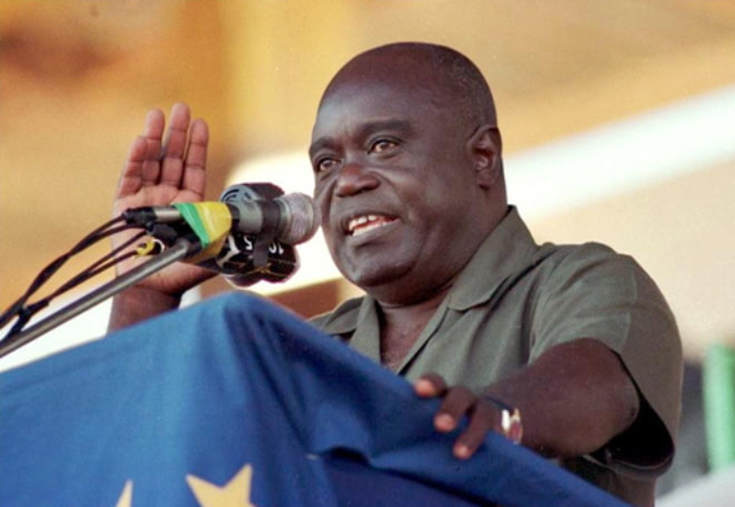
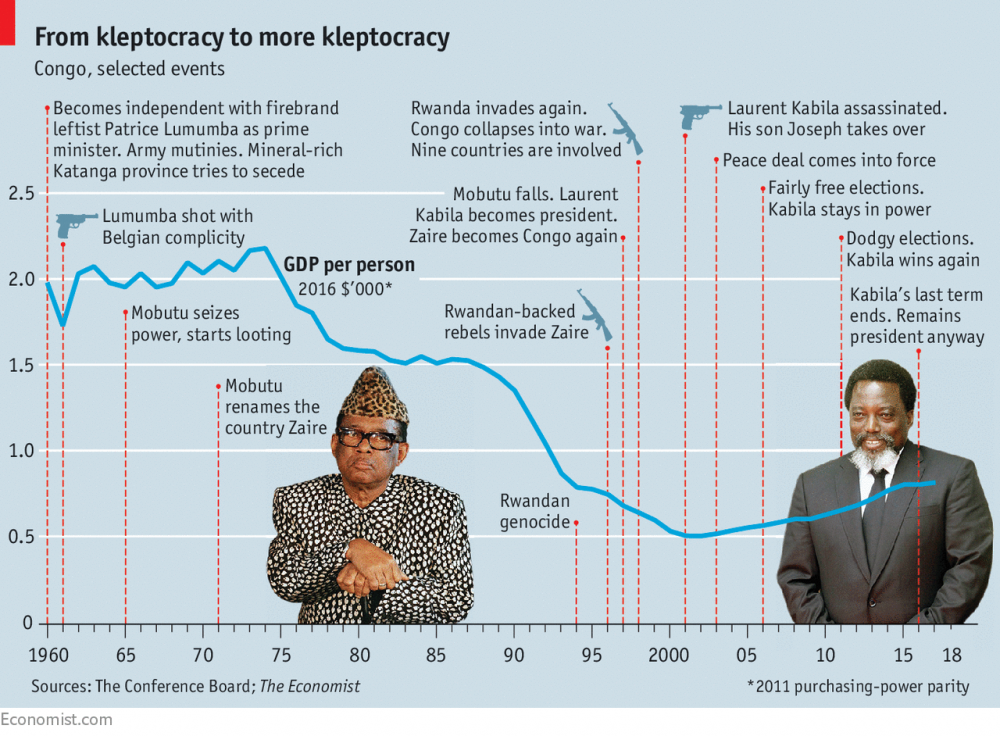
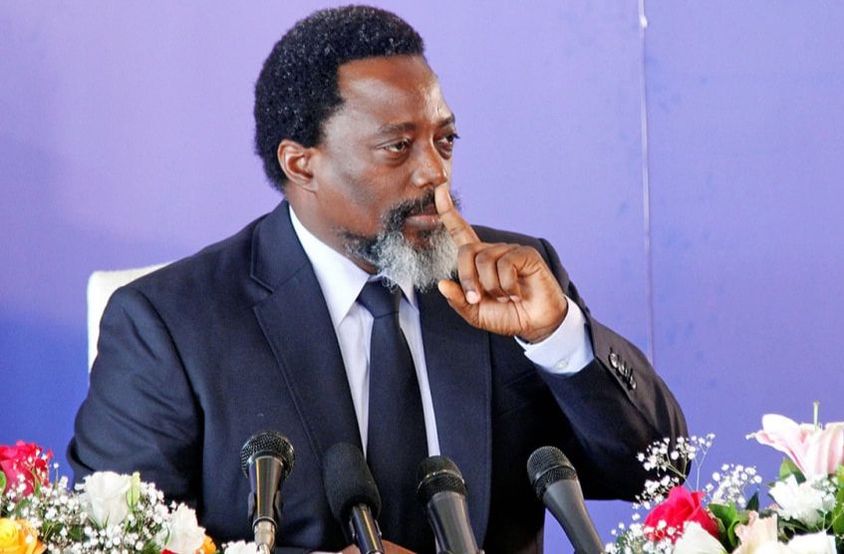
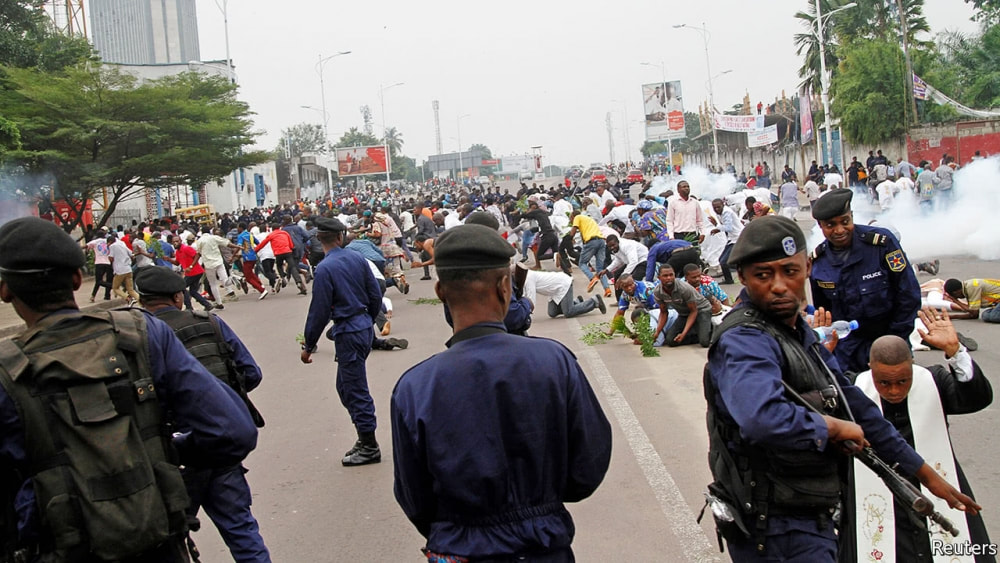
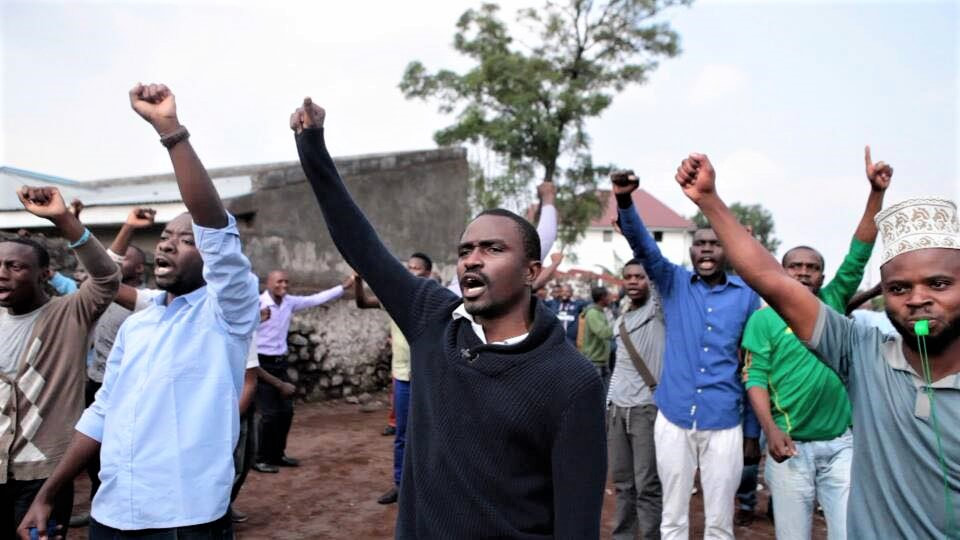
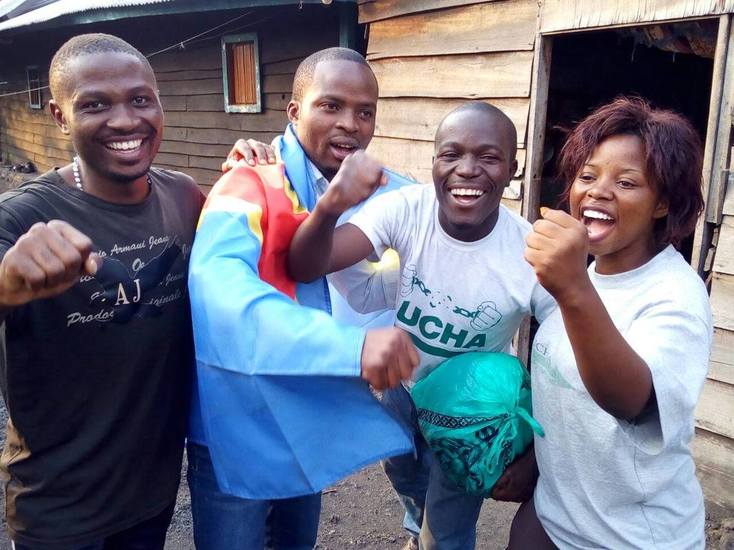
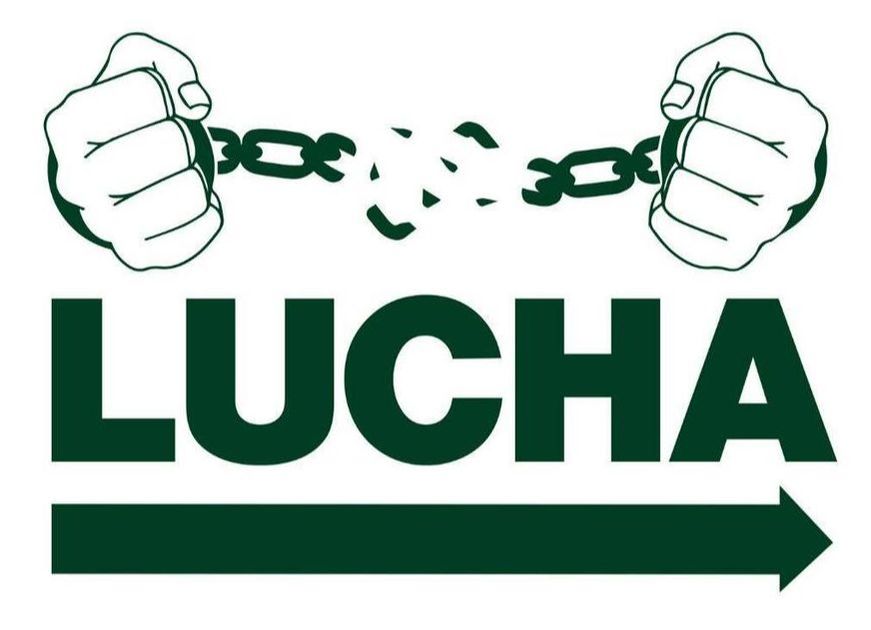

 RSS Feed
RSS Feed
